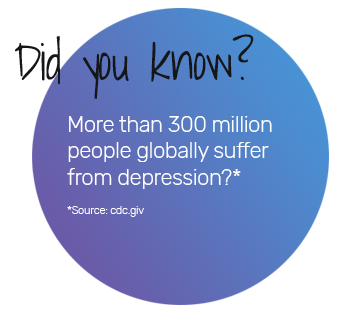
Connecting care
to communities.
Most Americans view access to quality care as an important health priority in their community. However, this view does not always align with reality, particularly in socially diverse, underserved communities. Much of this problem stems from the lack of access to culturally competent care. We know greater diversity in the healthcare workforce has been proven to improve health. When the patient and the care provider make a cultural connection and speak the same language, the patient feels more comfortable, and communication is better—factors that ultimately lead to healthier, more satisfied patients at a lower cost.
This is the future of healthcare delivery
As diversity in this country increases, so does the need for bilingual, culturally competent care and proactive services. They are a necessity in order to navigate the healthcare system and leverage community resources more effectively.
Collaborative care teams consisting of chaplains, pharmacists, peer-support specialists, and community health workers all work together to treat the whole person. Next-generation family practices will offer services ranging from preventive care to illness treatment and chronic care management. These types of practices offer on-site services with extended hours, as well as 24-hour response teams and virtual health access. And individuals experiencing complex health conditions need a new healthcare destination that integrates primary care, behavioral health, and social services support—all in one convenient health home.


